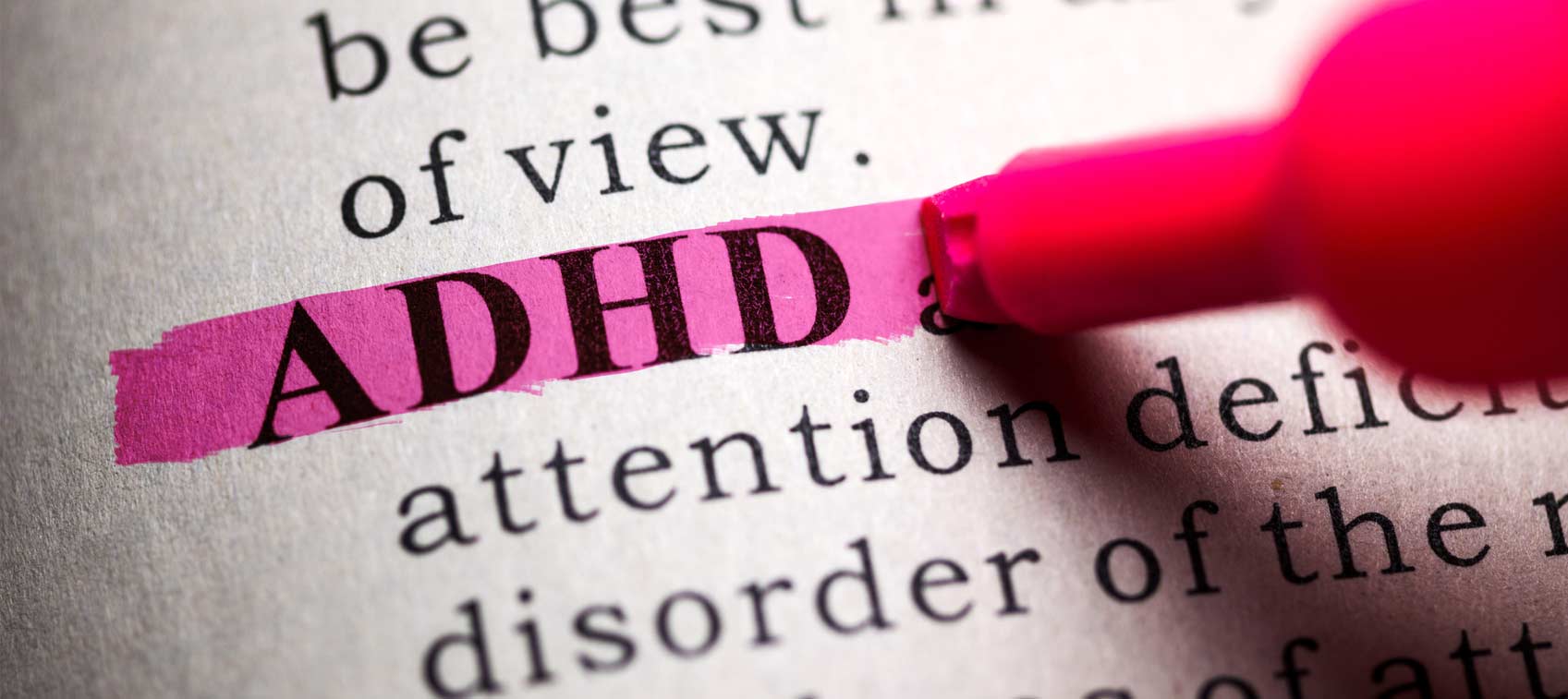
The human brain runs on electricity—it’s the spark that allows neurons to communicate with one another. So it’s understandable that irregularities in this system can make us feel out of sync. Therapies that help normalize the brain’s electrical activity are useful for treating ADHD along with depression, anxiety, addictions, memory impairment, and other neurological ailments.
Neurofeedback & Acupuncture
Neurofeedback helps settle the overactive brainwaves that are partially responsible for ADHD symptoms.
Therapy begins with an electroencephalogram (EEG) to “map” the brain’s electrical activity and identify problems. During a treatment session, patients simply relax and watch a video program while electrodes placed on the scalp monitor and transmit electrical impulses that help normalize brainwave patterns. It’s that simple. Neurofeedback is safe, noninvasive, and retraining brainwaves is extremely effective for treating ADHD naturally.
Another therapy successfully used as a natural treatment for ADHD is acupuncture. This ancient Chinese treatment, which involves the insertion of hair-thin needles along specific meridians on the body to influence energy flow, works wonderfully for a wide range of neurological conditions, including ADHD.
Treating ADHD With Omega-3s
Scientists have long suspected that low levels of the omega-3 fatty acids docosahexaenoic acid (DHA) and eicosapentaenoic acid (EPA) contribute to ADHD, and research strengthens this connection. Australian researchers administered cognitive assessments and tested blood samples from children with and without ADHD. They found that higher omega-3 blood levels predicted lower anxiety and shyness, and higher DHA levels correlated with better reading skills. What’s more, 36% of the kids with ADHD-related learning difficulties had lower DHA levels than those without learning problems.
Krill oil may be particularly well suited for the treatment of ADHD symptoms because its DHA and EPA are in the form of phospholipids—the same form your brain uses—so its fatty acids may be more readily absorbed than other fish oils. Furthermore, krill contains phosphatidylcholine and vitamin D, which are also essential nutrients for your brain. For children, try 2–4 g of supplemental krill oil; adults should double this dose.
Other Natural Treatments for ADHD
If you or a loved one suffers with ADHD, you should also rule out the following risk factors.
Sleep apnea and other sleep disturbances can make anyone unfocused and inattentive. A diet rich in sugar and refined carbohydrates may lead to reactive hypoglycemia, which often causes irritability and concentration difficulties. Nutritional deficiencies (specifically iron, zinc, and omega-3 fatty acids) are linked with ADHD-like behaviors. Gluten and other food and environmental allergies and sensitivities, heavy metal exposure, and inadequate exercise may all result in ADHD symptoms.
Natural treatments for ADHD that can reverse the above factors include getting plenty of good quality sleep; eliminating excess sugar, food additives, and potentially gluten from your diet; taking a high-quality multivitamin as well as hearty doses of fish or krill oil; getting plenty of exercise; and having your blood tested for heavy metals.


